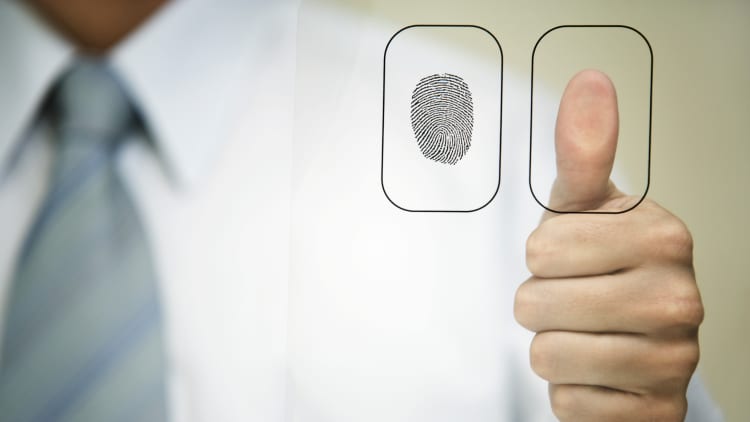Have you checked your credit score recently? Probably not.
Half of U.S. adults in a new survey said they have not looked at their credit report or credit score since a huge data breach last year at credit scoring company Equifax.
The tally for the number of U.S. consumers affected has now reached about 147.9 million following news on Thursday that an additional 2.4 million individuals were affected.
Yet most people still have not taken steps to find out whether their information is at risk.
CreditCards.com's latest study found that 18 percent of the 1,164 adults surveyed have never checked their credit report or credit score.
"If the announcement of something that significant won't get people to act, then it raises the question of what will," said Matt Schulz, senior industry analyst at CreditCards.com. "I think people just feel that they have more pressing things to do."
About 3 in 10 survey respondents who had heard "a lot" about the breach still hadn't checked their credit in the past six months.
Millennials were most likely not to have heard about the breach — 26 percent. Yet at the same time, millennials checked both their credit score and report in the last six months at a higher rate — 34 percent — than any other generation.

"People need to understand that this is a forever problem," Schulz said. "Once your information is out there, you can't put the toothpaste back in the tube."
Be diligent
Everyone should check their personal financial information with "regular diligence," Schulz said.
That includes monitoring online banking and checking accounts at least once a week. Also, be sure to get a free copy of your credit report from all three credit reporting companies — Equifax, TransUnion and Experian — once a year.
Credit freezing, whereby you limit the amount of financial information available to companies, can also be a good option, according to Schulz.
"You have to make sure you understand what that means before you do it," Schulz said. That is because it can take several days to unfreeze your credit if you want to apply for a mortgage, car loan, credit card or other advance.
CreditCards.com's survey was conducted online earlier in February.


